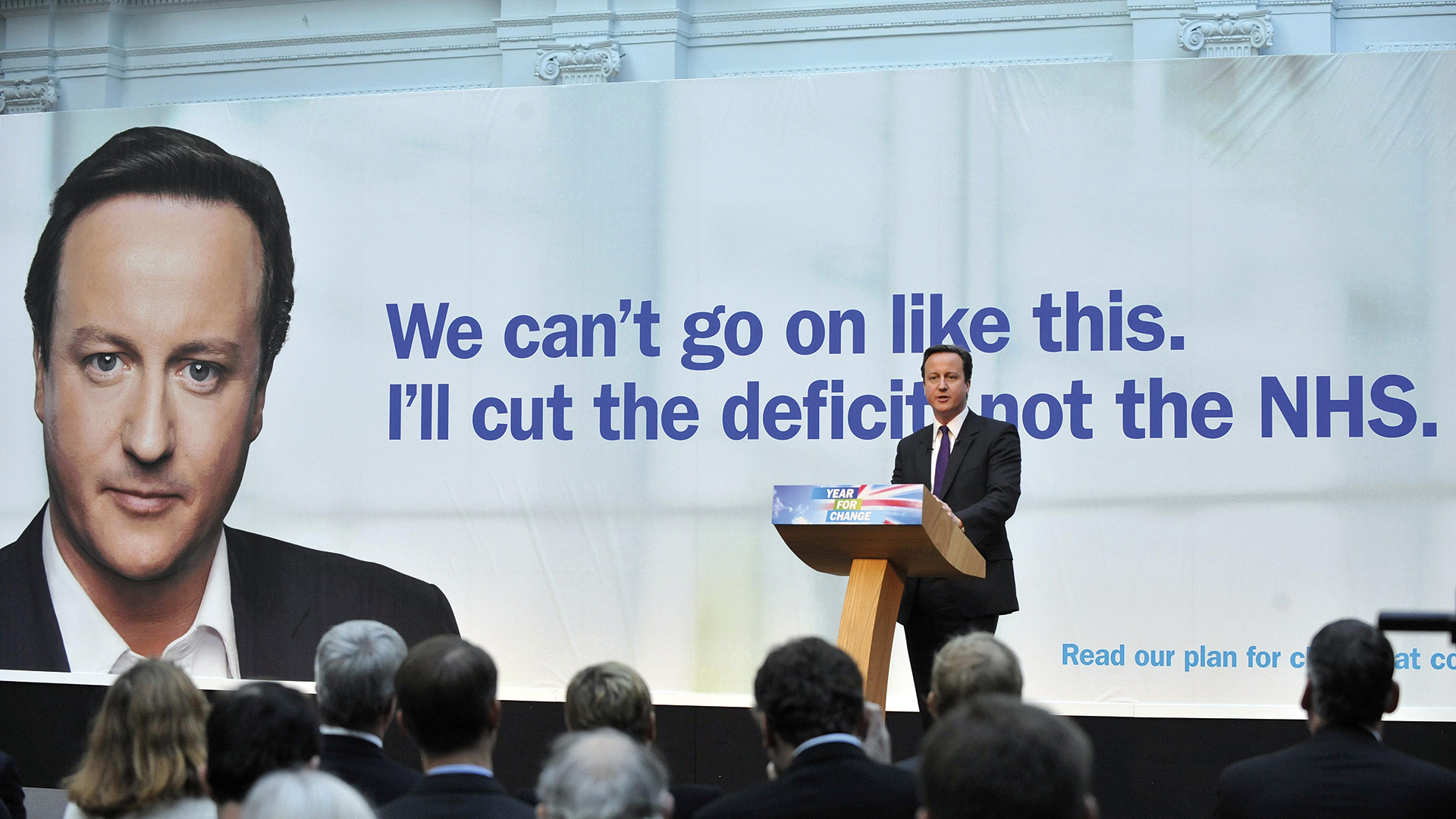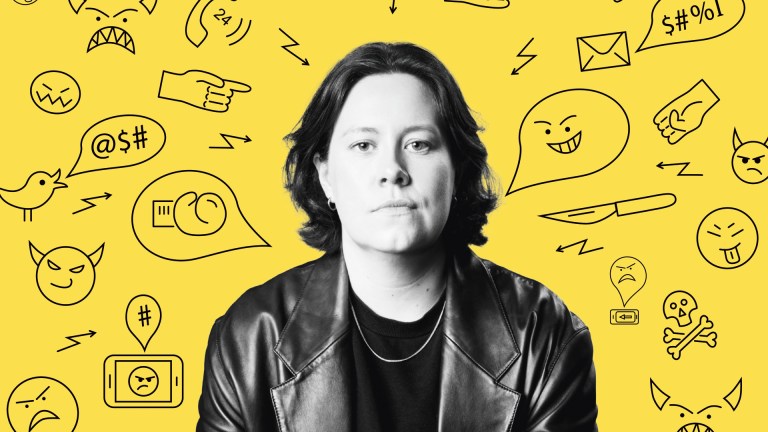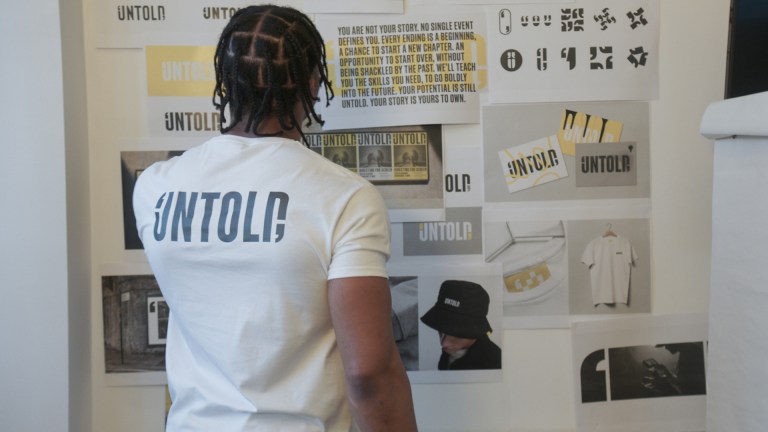Why does it take so long for the penny to drop? Three years ago, when we were deep in the Covid crisis, a number of us were saying that the preceding period of austerity had weakened social delivery and harmed the health of many. It had made the NHS almost full of people whose health had been diminished by the cuts that the Cameron/Osborne government had made.
It was evidenced everywhere by the social provision that had been allowed to wither on the vine in order to pay for the enormous bailout of the badly behaving banks, who were dripping in risks and their outrageous rewards.
But it has taken three years for the committees to form and look seriously at what had been done to the wellbeing of those who were just about managing, or were just about not. Now the big inquiry commences and the British Medical Association, the doctors’ trade union, points out that austerity was “Covid’s little helper”. A polite way of saying that the 2010-2016 administration was responsible for the NHS being overwhelmed.
Too many people were made sick or sicker by austerity, with the paying off of the banks’ economic mismanagement. And added to the tragedy is that, although their intention was to knock circa 5% off government expenditure, they only achieved a saving – by such heinous and heartless, thoughtless, injurious and costly cost-cutting – of about 1.5%.
That 1.5% had a huge impact on social support, affecting its essential delivery, with this small amount translated into local authority cuts of in the region of 30%. That’s how 1.5% adds up when cutting the services that then keep people only as well as can be expected.
By reducing local authority support and generally running down social provision, they provided the NHS with an increasing amount of socially and physically distressed patients. Hence the devastation of Covid and the overwhelming of the NHS that carries on to the epic proportions of today.










